With winter weather settling in, now is a great time for your family to prepare for a weather emergency. The more families prepare themselves, the better off they’ll be if an emergency strikes.
Involve the whole family – especially your kids – in creating a family disaster kit. It should have enough food, water, clothing and supplies to last for at least three days.
Building your emergency kit
The Federal Emergency Management Agency provides great resources that can help you plan your kit. Read their recommendations for building a kit and check out games kids can play to help them learn about disasters.
Additionally, the American Red Cross has an initiative called the Pillowcase Project that you can have come to your school or community center. The project teaches kids to prepare items in a pillowcase to have at the ready for a disaster. The Red Cross also has a free gaming app, sponsored by Disney, for kids to learn about disaster preparedness, called Monster Guard.
Coping skills during disasters
Finally, we can all help children manage their big feelings about disasters by preparing for those times. International relief organization Save the Children offers these 10 tips to help kids cope with disasters:
- Limit TV time: Intense media coverage of disasters can frighten young children and disturb teenagers.
- Listen: Find out your child’s concerns about the situation. Children often cannot give meaning to a dangerous situation. Begin a dialogue to help them gain a basic understanding that’s appropriate for their age.
- Comfort: Let them know their safety is your top priority.
- Be Aware: Changes in routine behaviors, such as sleeping pattern or eating habits, can indicate distress. Seek professional support if they persist.
- Expect the unexpected: As children develop, their intellectual, physical and emotional capacities change.
- Make time: Help kids understand they are safe and secure by talking, playing and engaging in bonding family activities.
- Keep calm and carry on: Your child will learn how to deal with these events from you and will model his or her behavior after yours.
- Care: Make a point of showing sensitivity toward other families impacted by the disaster. This is an opportunity to teach your children that we all need to help each other.
- Routine: Help your children return to normal activities including school, sports and play groups.
- Volunteer: Helping others can give your child a sense of control, security and empathy.
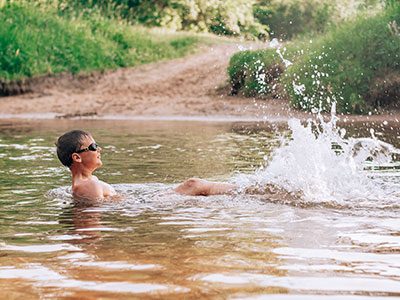 https://riseandshine.childrensnational.org/wp-content/uploads/2024/06/boy-swimming-feature.jpg
300
400
Rise and Shine
https://riseandshine.childrensnational.org/wp-content/uploads/2017/11/childrens_riseandshine_logo.jpg
Rise and Shine2024-06-17 13:02:582024-06-17 13:07:07How to prevent swimming-related illnesses
https://riseandshine.childrensnational.org/wp-content/uploads/2024/06/boy-swimming-feature.jpg
300
400
Rise and Shine
https://riseandshine.childrensnational.org/wp-content/uploads/2017/11/childrens_riseandshine_logo.jpg
Rise and Shine2024-06-17 13:02:582024-06-17 13:07:07How to prevent swimming-related illnesses



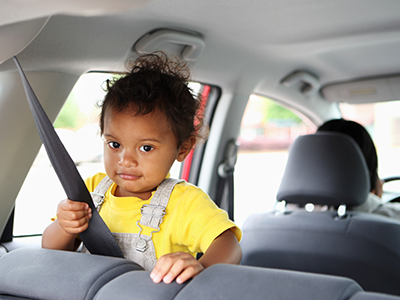
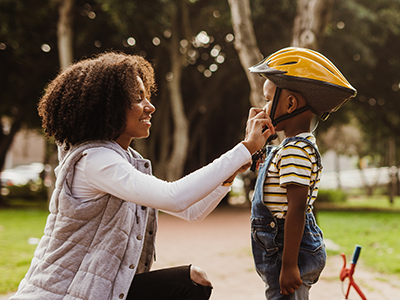

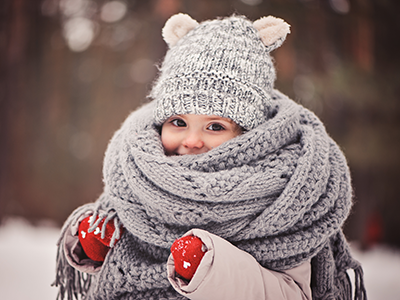
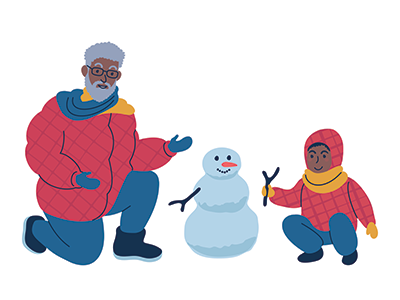
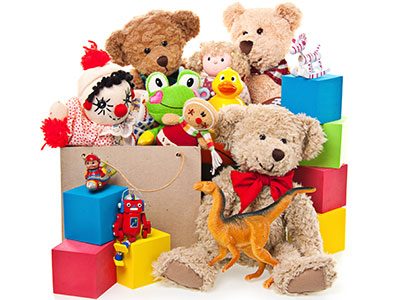
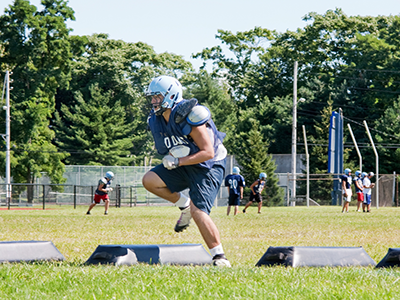
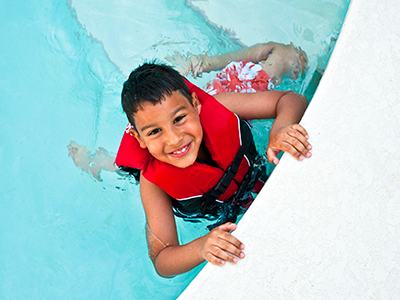
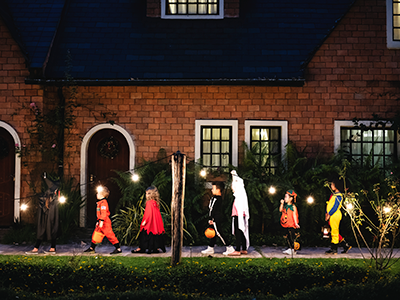
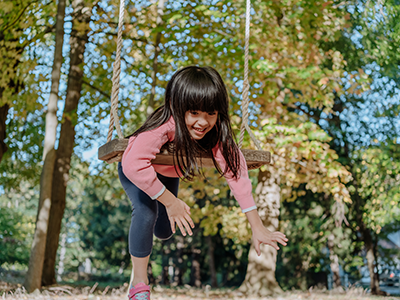
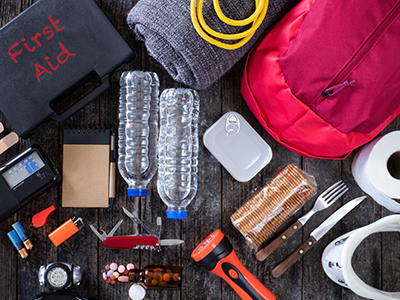
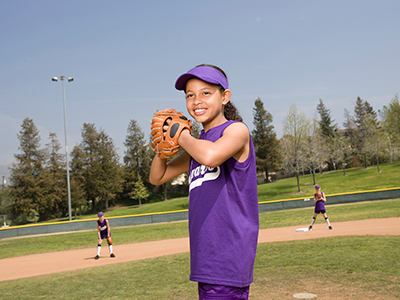
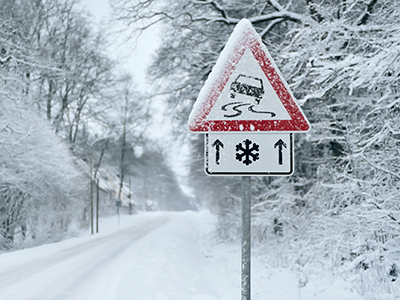
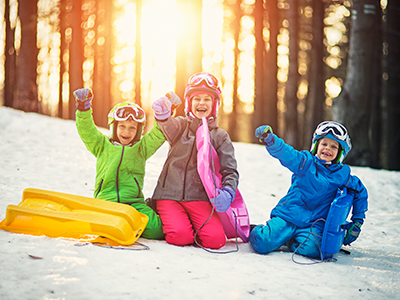
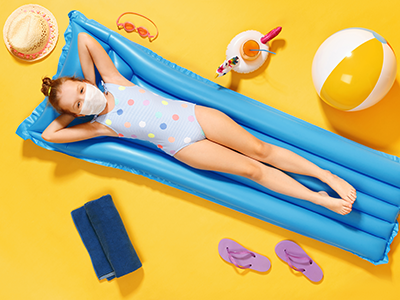
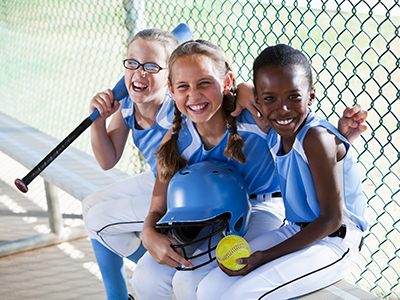
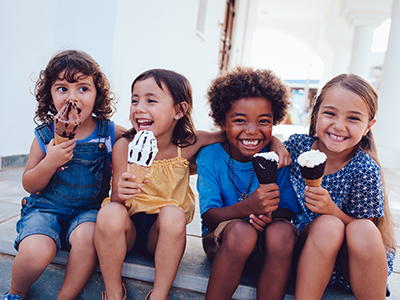
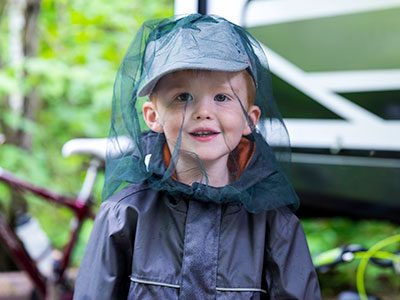
Leave a Comment
Want to join the discussion?Feel free to contribute!